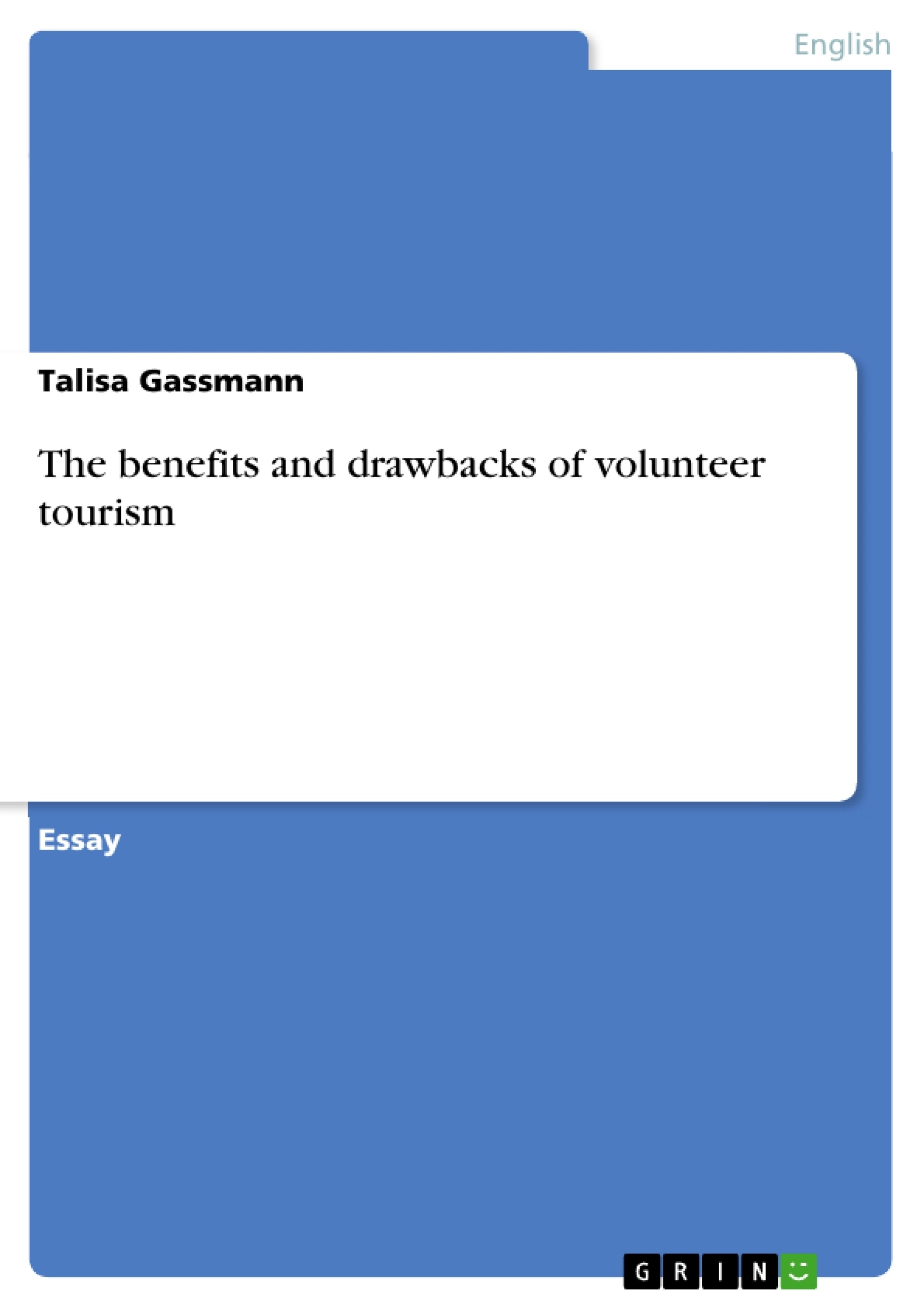I always believed that volunteer tourism is primarily connected with opportunities. Building schools and helping after catastrophes sounds like an admirable way to benefit communities, right? Unfortunately, that is not the reality because the more case studies I read, the more uncomfortable I became thinking in that specific way. Until then, I was not aware of the wide range of risks and that they are mostly associated with the voluntourist - which was completely surprising because the intention is to make a significant change.
The turning point was during a study in which I read about the booming number of orphanages in the voluntourism sector. Who would believe that 92 percent of children in orphanages in Sri Lanka; and even 98 percent of so-called orphans in Liberia have at least one living parent? And this terrifying trend is constantly growing because of running a profitable business. This also points to sexual abuse as a driving moneymaker in orphanages. That's the reason why my interest constantly grew, and I became more sceptical than I could ever imagine; but awareness is essential, especially as a student studying international tourism.
Inhaltsverzeichnis (Table of Contents)
- The Dark Side of Voluntourism
- Sustainable Voluntourism?
Zielsetzung und Themenschwerpunkte (Objectives and Key Themes)
This article aims to explore the complex and often controversial nature of voluntourism, examining its potential benefits and drawbacks. It delves into the experiences of the author, highlighting the realization that the perceived positive impacts of voluntourism may be overshadowed by unforeseen consequences.
- The diverse perception of impacts between involved stakeholders, both positive and negative.
- The potential for voluntourism to contribute to sustainable development, but also the risks of over-reliance on foreign support, limited involvement in local communities, and a lack of environmental awareness.
- The importance of ethical considerations in voluntourism, including child protection and the potential for exploitation.
- The significance of conducting thorough research and critical thinking when evaluating the impact of voluntourism.
- The benefits of engaging in research as a college student, particularly for developing critical thinking skills and research abilities.
Zusammenfassung der Kapitel (Chapter Summaries)
- The Dark Side of Voluntourism: This section explores the author's initial belief in the positive potential of voluntourism and the subsequent disillusionment that arose from encountering case studies highlighting its darker aspects. The author emphasizes the alarming rise of orphanages in the voluntourism sector, often driven by profit-making motives and potentially facilitating sexual abuse. It also highlights the need for increased awareness and ethical practices within the industry to mitigate these risks.
- Sustainable Voluntourism?: This section explores the potential for voluntourism to contribute to sustainable development, with examples like building social capital, promoting cultural understanding, and stimulating local economies. However, it also points out drawbacks such as job displacement, unprepared volunteers, short-term stays, and a lack of commitment to environmental protection. It emphasizes the need for a balanced approach to voluntourism, prioritizing ethical practices, long-term engagement, and genuine benefit to local communities.
Schlüsselwörter (Keywords)
Key terms and concepts explored in this text include voluntourism, sustainable development, ethical considerations, child protection, stakeholder engagement, impact assessment, research methodology, critical thinking, and the role of voluntourism in fostering cultural understanding and economic development.
- Quote paper
- Talisa Gassmann (Author), 2021, The benefits and drawbacks of volunteer tourism, Munich, GRIN Verlag, https://www.grin.com/document/1420838




